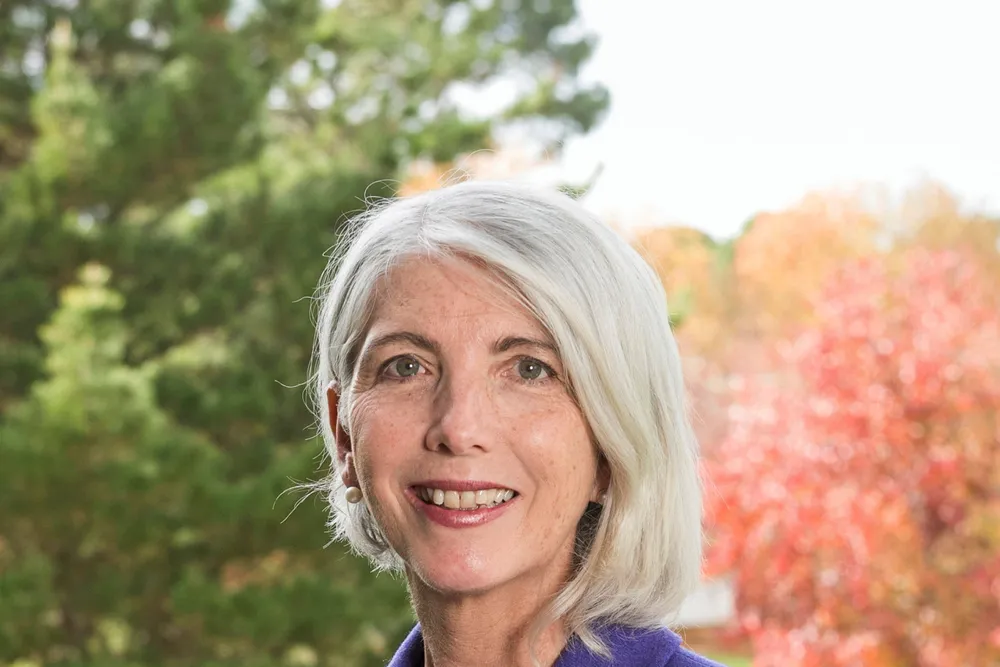New hydrogen technology clusters launch in Queensland
New clusters add to the 13 announced earlier this year as Australia looks to grow its hydrogen industry

New clusters add to the 13 announced earlier this year as Australia looks to grow its hydrogen industry
